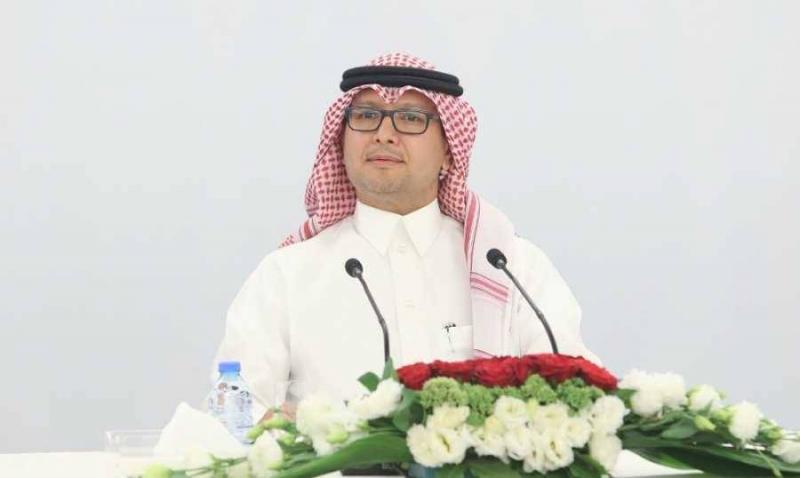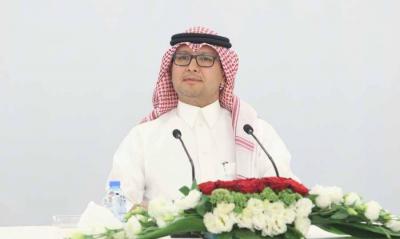Saudi Arabia has renewed its active engagement in the Lebanese arena. From the United Nations, the Kingdom has initiated efforts to rescue Lebanon and mend ties with Beirut, proposing what resembles a "deal" to restore the "Days of Glory" between the two sides, according to informed political sources.
A joint statement from Saudi, American, and French officials emphasized the need to complete constitutional deadlines, primarily the presidential elections, on time and without any delay. It called for genuine reforms in the Lebanese economy and the implementation of international resolutions while insisting on the Taif Agreement as a system that must be respected and executed.
Following this statement, the Saudi Foreign Minister made a noteworthy statement from New York regarding the Lebanese file, addressing it succinctly yet frankly, advocating for the sovereignty, security, and stability of Lebanon. He stressed the importance of the Lebanese government's control over its territory and the necessary reforms to help Lebanon emerge from its economic and political crises. He urged, before the United Nations General Assembly, that Lebanon should not be a starting point for drug trafficking and other crimes that threaten the region's security and stability.
In the backdrop of these stances, the Kingdom indirectly facilitated an extensive Sunni parliamentary meeting at the Dar Al-Fatwa, called by the Grand Mufti of the Republic, Sheikh Abdul-Latif Derian, which took place last Saturday. The meeting produced statements from the Mufti and a communiqué from participants that closely aligned with the language of the tripartite statement, especially regarding the Taif Agreement, government formation, and presidential elections.
Simultaneously, the Saudi ambassador to Lebanon, Walid Bukhari, began a tour of sovereign political forces last week, meeting with Progressive Socialist Party leader Walid Jumblatt and Lebanese Forces leader Samir Geagea, while frequently tweeting about the "Taif." He stated, "The Taif Agreement is the guardian of national unity and civil peace in Lebanon."
According to sources, the Saudi movement will continue until the presidential elections, and its objective is not to interfere in the process or impose a specific name or candidate. Rather, Riyadh aims to inform the Lebanese and their leaders that re-establishing Lebanon's ties with its Arab surroundings and rebuilding bridges between Beirut and the Arab world, especially Saudi Arabia and the Gulf states, could provide the necessary support for Lebanon's recovery, whether financial, economic, tourism, or "investment-based."
This entire fraternal normalization process begins with the election of a president who meets Saudi aspirations, summarized by Prince Faisal bin Farhan in the phrase "sovereign and economic reforms," and who is able to communicate with the international community as outlined in the tripartite statement, while executing and protecting the Taif Agreement as mentioned therein.
The Kingdom seeks to return to Lebanon and embrace it to help it overcome its current difficult phase and crises, extending a hand through the roadmap it offers. The question remains whether Lebanon will accept this and make a wise choice regarding the presidency, especially since what is proposed serves the interest of establishing a functional state within it. If it does not, Riyadh will not escalate or punish Lebanon; it will simply continue its "humanitarian" support.




